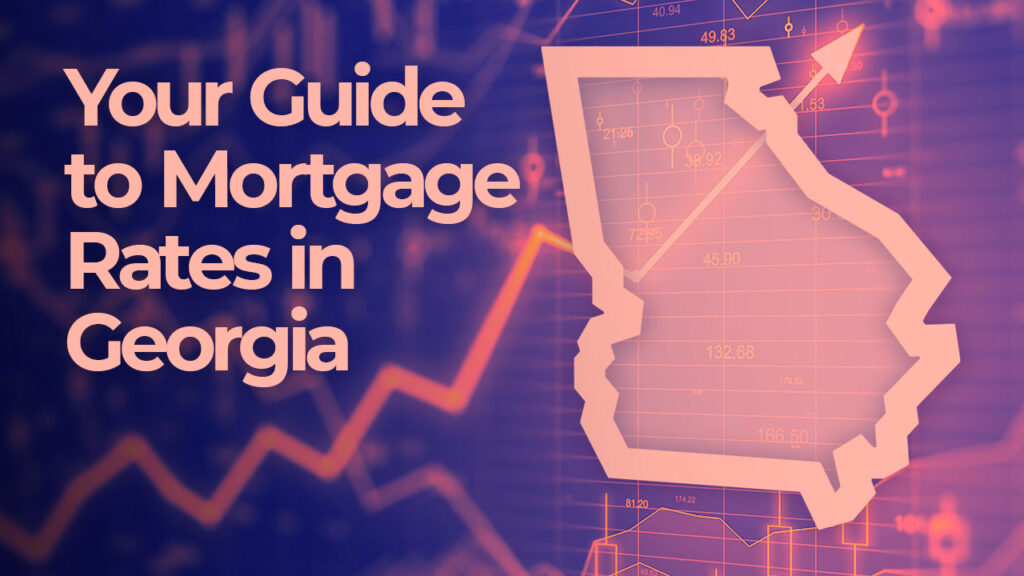Navigating the world of borrowing can be complex, but understanding your rights as a consumer is crucial for a positive experience. The Consumer Financial Protection Bureau (CFPB) plays a vital role in protecting you, and this post will explore key aspects of their work and your rights.
Understanding the CFPB
The CFPB is a U.S. government agency responsible for protecting consumers’ financial interests. They oversee various financial products and services, ensuring fair practices and transparency.
Your Right to Fair Lending
The CFPB works to prevent discrimination in lending. This means lenders cannot deny you credit based on factors like race, religion, or national origin. Learn more about fair lending laws.
Know Your Credit Report
You have the right to access your credit report annually for free from each of the three major credit bureaus. Regularly checking your report helps identify and resolve any errors. 
Debt Collection Protections
The CFPB sets standards for debt collection practices. Harassment and abusive behavior from debt collectors are illegal. See what constitutes harassment.
Mortgage Rights
Buying a home is a significant financial decision. The CFPB provides resources and safeguards to protect you throughout the mortgage process. 
Student Loan Rights
Navigating student loans can be tricky. The CFPB offers guidance on your rights and responsibilities as a borrower. Explore student loan repayment options.
Payday Loan Protections
Payday loans can be expensive and trap borrowers in a cycle of debt. The CFPB works to ensure responsible lending practices in this sector.
Credit Card Protections
Credit cards offer convenience, but it’s vital to understand your rights regarding interest rates, fees, and dispute resolution. Learn about credit card dispute processes.
Protecting Against Identity Theft
The CFPB offers resources and support if you become a victim of identity theft, which can significantly impact your credit. 
Understanding Your Credit Score
Your credit score is a crucial factor in loan approvals and interest rates. Understanding what contributes to your score empowers you to make informed decisions.
Financial Education Resources
The CFPB offers extensive educational materials to help you make informed financial choices. Access free financial literacy resources.
Filing a Complaint
If you believe a lender or financial institution has violated your rights, you can file a complaint with the CFPB.
The Importance of Transparency
The CFPB advocates for transparency in financial products and services. You have the right to understand the terms and conditions before you agree to any loan or credit agreement.
Protecting Yourself from Fraud
Be aware of common financial scams and frauds. The CFPB offers resources to help you identify and avoid these schemes. 
Your Right to an Explanation
You have the right to a clear explanation of any financial product or service before you commit to it. Don’t hesitate to ask questions.
Understanding Your Loan Agreement
Always read your loan agreement carefully before signing. Understand the terms, fees, and repayment schedule. Find helpful resources for interpreting loan agreements.
Conclusion
Knowing your rights as a borrower is essential for making informed decisions and protecting yourself from unfair or abusive practices. The CFPB provides valuable resources and support. Take advantage of the information available to ensure a fair and positive financial experience. [IMAGE_5_HERE]
Frequently Asked Questions
What if I suspect unfair lending practices? Contact the CFPB to file a complaint and seek resolution.
How can I access my credit report? You can request your free annual credit report from AnnualCreditReport.com.
What should I do if I’m being harassed by a debt collector? Document the harassment and report it to the CFPB. Consider seeking legal counsel.
Where can I find more information about my rights? Visit the official CFPB website for comprehensive resources and guidance.
What happens if I can’t afford my loan repayments? Contact your lender immediately to explore options like repayment plans or hardship programs.


